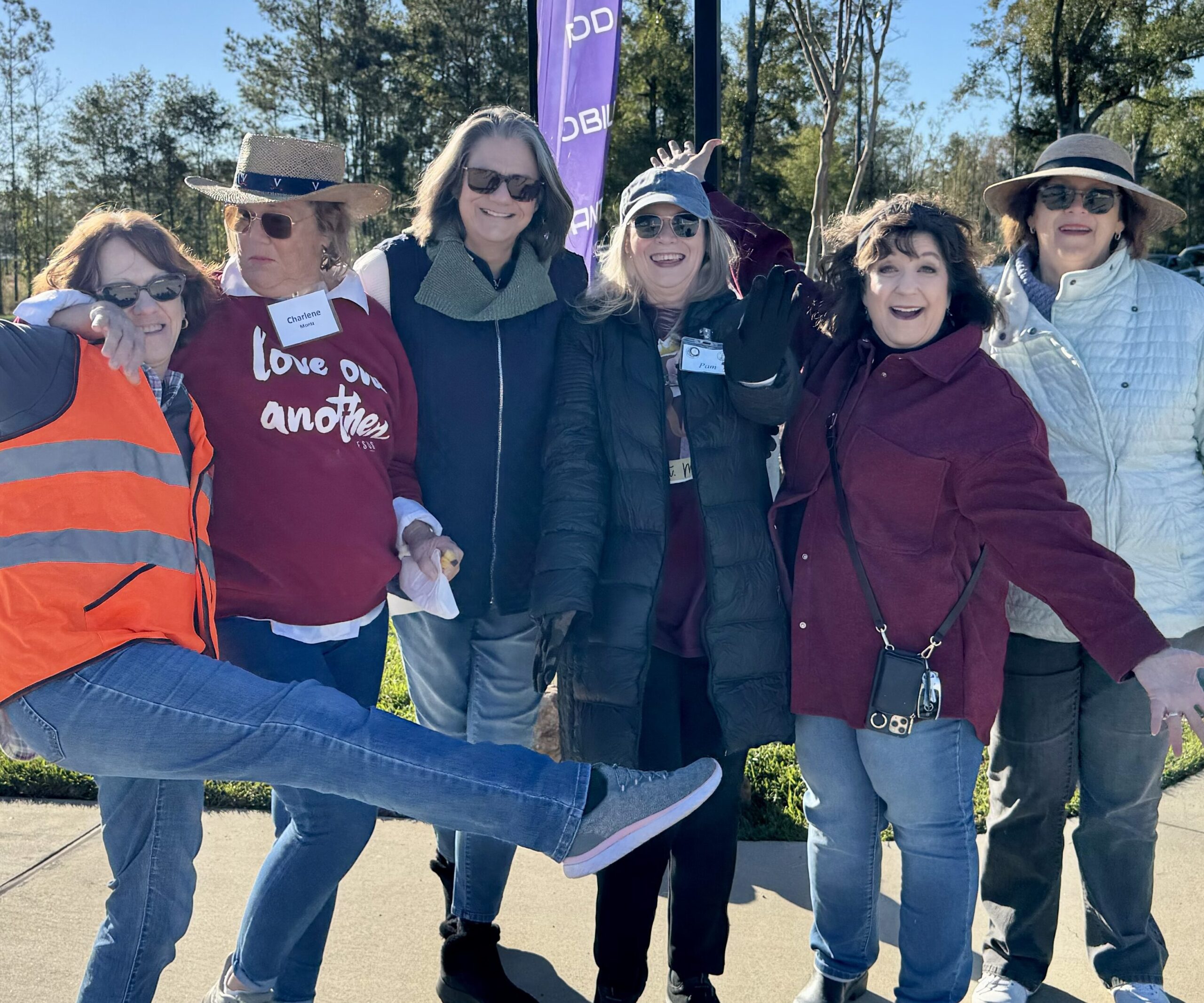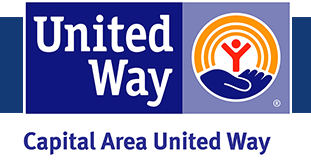Louisiana has some of the highest rates of food insecurity in the nation, and the highest rates in the state are parishes in the Diocese of Baton Rouge. To combat those alarming statistics, CCDBR has launched the Faith-Full Food Program. In partnership with the Greater Baton Rouge Food Bank and Feeding America, Faith-Full Food Program provides boxes of food to those who register and are approved by the United States Department of Agriculture. Pantry distribution sites are currently in East Baton Rouge, Albany and St. James.
Retail Rescue Food Program
CCDBR launched its retail rescue food program, in partnership with the Greater Baton Rouge Food Bank. With funding from the Walmart Foundation and Feeding America, this life-saving program aims to reduce food waste and address food insecurity. CCDBR picks up the food that would normally be discarded by retail stores. It is then distributed to CCDBR clients through one of the monthly food distribution sites. We also work with community partners or “spokes” to expand our reach to individuals and families facing food insecurity. The food is either picked up by the spoke or CCDBR delivers to them. Some of the spokes include St. Vincent de Paul, O’Brien House, and LSU Student Food Bank.
Hunger in Louisiana: 2025 Snapshot
Louisiana Ranks Among the Worst in the Nation:
- #1 in the U.S. for senior hunger — 14% of Louisiana seniors face food insecurity, the highest rate in the country
- #2 in the U.S. for child hunger — 1 in 4 Louisiana children (267,950) don’t have reliable access to food
- 1 in 6 adults in Louisiana go hungry — that’s an estimated 777,140 people struggling with hunger across the state
Additional Key Statistics:
- Overall Food Insecurity:
683,110 Louisianians, including 234,120 children, live with food insecurity - Recent Policy Changes:
- Senate Bill 14 was in session on April 30, 2025
- $500 million in TEFAP (The Emergency Food Assistance Program) funding has been cut nationwide — a devastating blow to food banks
To be eligible, three guidelines must be followed: proof of identity, proof of residence, and statement of income. Here’s what you need to bring and how the program will work:
- Proof of residence can be a utility bill, lease, or letter from a landlord.
- Photo I.D.s must be issued by a public agency and can include, for example, a school I.D.
- All members of a household can qualify and their names must be completed on the application.
- Applicants will have to verbally state their total household income to determine eligibility.
- Eligibility will be determined at the time of registration.
- Each eligible individual will receive non-perishable food items that will vary for each distribution.
- Homeless individuals can also qualify.
- Qualified individuals can send an alternate to pick up food, but the alternate must be named at the time of application.
- On distribution day, each eligible recipient or alternate will have to present an I.D. and sign to acknowledge receipt.
- At each distribution, registration for new clients will be offered. Registration is required once per year.
Volunteer Information
We need help breaking down pallets of food at CCDBR 10920 Coursey Blvd
Baton Rouge, LA 70816. Please note that students are invited to volunteer, but must be at least 12 years old.
CCDBR food bank to help serve needy in rural areas – Catholic Commentator
“We are focusing on the rural areas because that is where the food deserts are,” Spruell said. “It’s a living witness from the churches that they get involved, and it’s part of their mission and ours too.”








